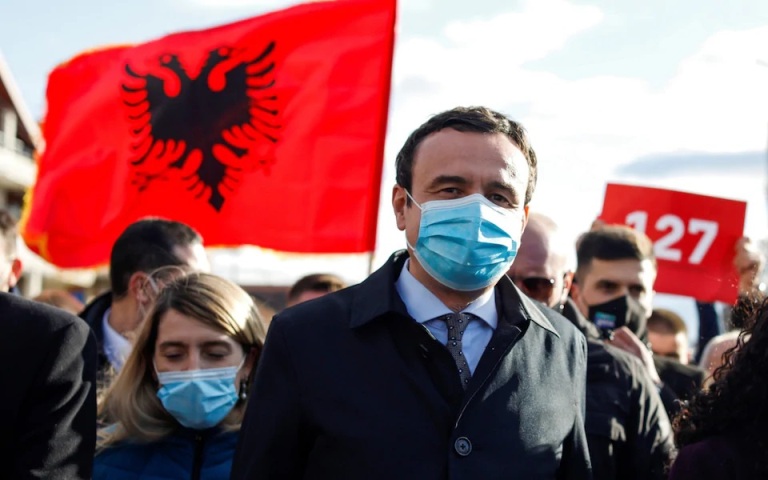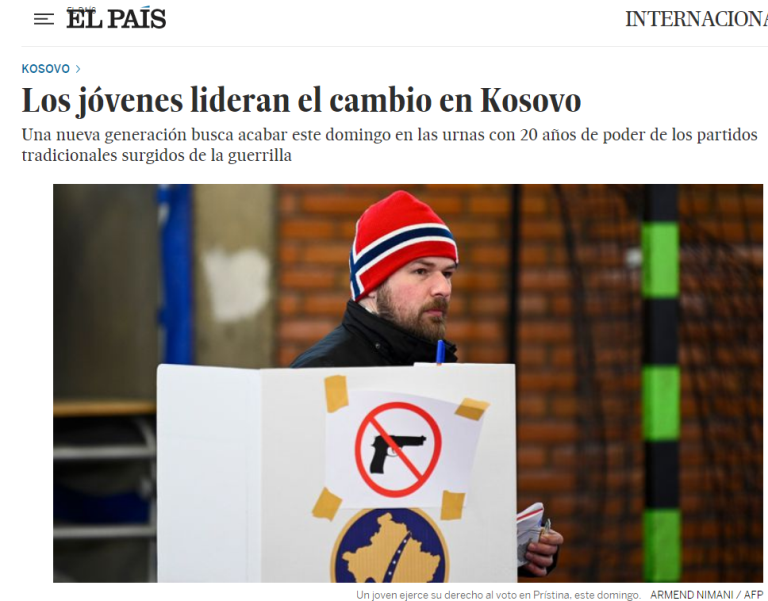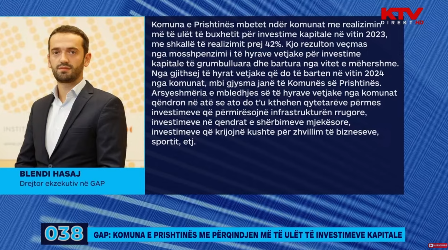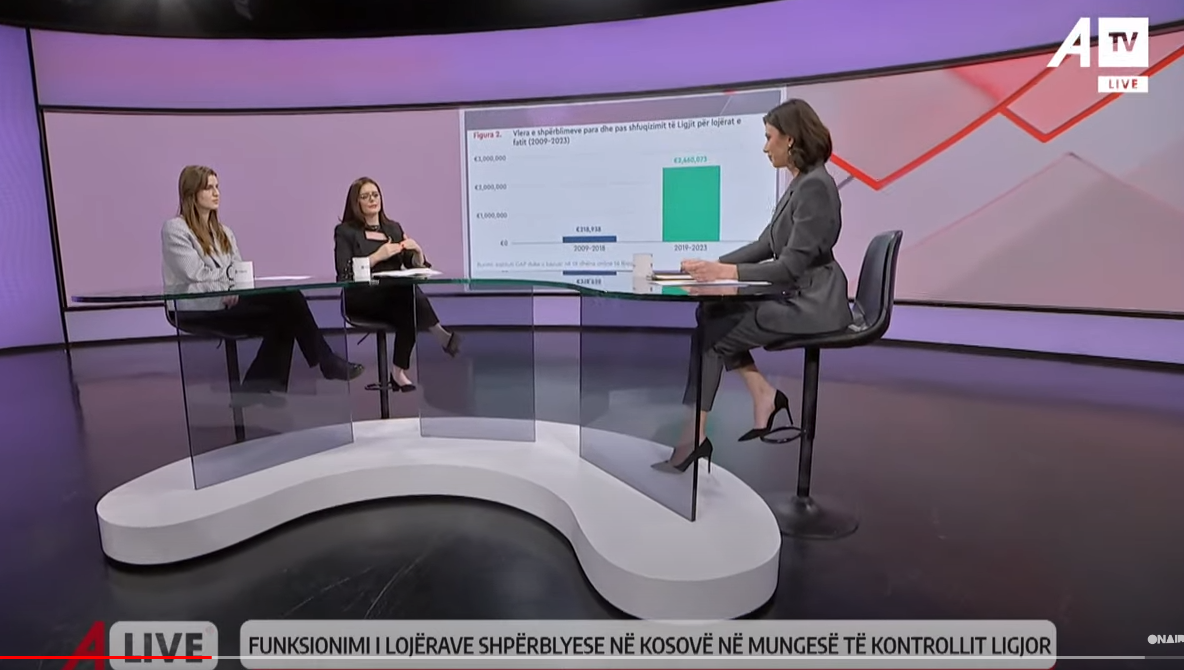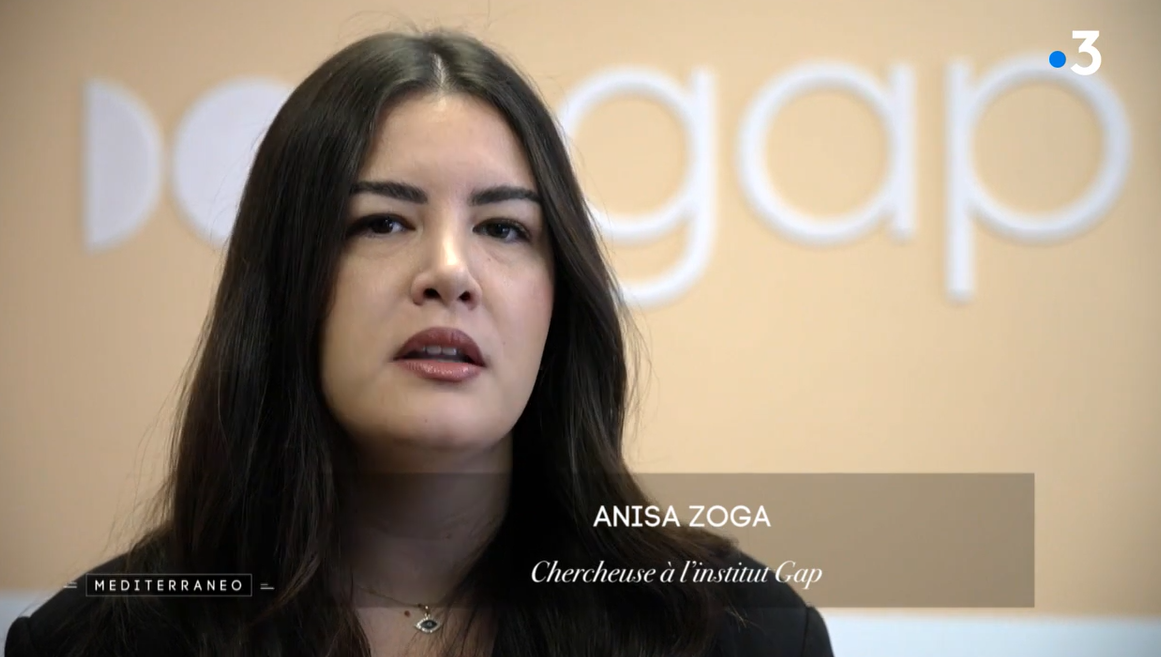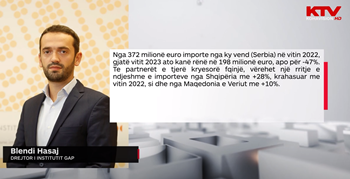GAP Institute held a press conference entitled “The Effects of Law on Value Added Tax”
17/11/2016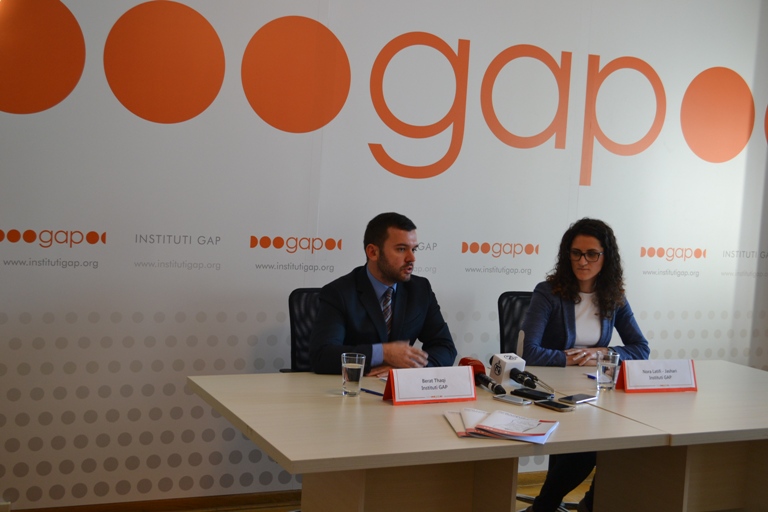
Nora Latifi – Jashari, Program Manager at GAP Institute, presented the policy paper on the effects on the Law on value added tax (VAT), a year after its entry into force. In March 2015, the Kosovo Government amended the Law on VAT, through this fiscal policy the government would be able to have an impact on budget revenues and business activity. This law entered into force on September 1st, 2015, the Kosovo Government raised the VAT rate from 16% to 18 % on most products, and reduced it from 16% to 8 % mainly on food products. She also noted that within the fiscal change, the government approved also the Draft law on tax and corporate income, Draft law on personal income tax, rate changes on cars, cigarettes, alcoholic beverages, oils, etc.
Berat Thaqi, policy analyst at GAP Institute, presented the main findings of the policy paper “The Effects of Law on Value Added Tax." GAP Institute has analyzed the effects that the reduction of VAT has had on the budget revenues and consumer prices. If we compare the Customs revenue for the period January – August 2015 and January – August 2016 it shows that revenues from these products have remained almost the same. This comes as e result of the increased imports in these products and the application of VAT on medicines. In case if the Government will apply the standard VAT rate of 18% on these products, the Customs would collect about 10.6 million euro more for this period. VAT reduction has had a greater impact on the revenues of TAK (Tax Administration of Kosovo) or about 11.6 million decreases for the period January to June 2016. The data suggest that there has been no price discount on all VAT reduced products.
Whereas regarding the effect of increasing the VAT from 16% to 18%, he stressed out that Kosovo Customs have collected around 68 million euro (27%) more in the period January – August 2016 compared to the same period of the last year. With this level of imports in 2016, Customs can collect about 54 million euro more revenues just from the VAT increase from 16% to 18%. Obviously, these revenues will be collected from consumer’s pocket. Kosovar businesses have welcomed the removal of VAT on raw materials, machinery manufacturing and IT equipment. This policy has potentially increased the liquidity of Kosovo businesses and also can have the effect of increasing efficiency. Until September 2016, Kosovo Customs has released around 15 million euro VAT import.
Finally, he presented the recommendations arising from this analysis where GAP recommends that in addition to the reduction of VAT for certain products and services, the Ministry of Finance must present direct tax relief for citizens as the most effective measures for the redistribution of income; Ministry of Finance should start to gradually release raw material from Customs duty and to allocate budget to increase the number of inspectors and training for TAK as a measure to reduce informality.
To read the full analysis please click HERE.






